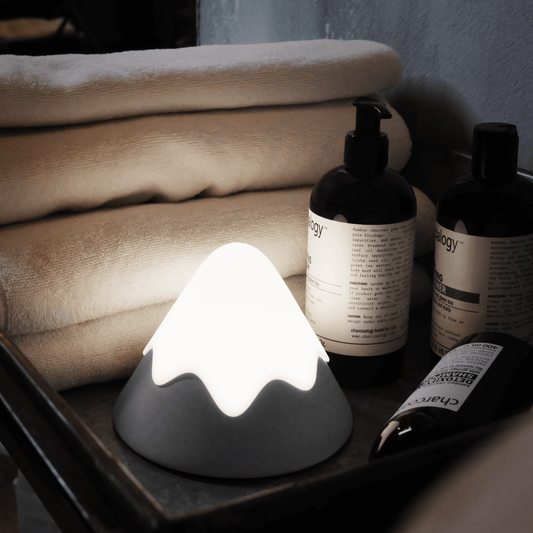Are you struggling to get a decent night's sleep? You're not alone. According to the Sleep Health Foundation, around 60% of Australians have at least one sleep problem per week. While there are many factors that can affect your sleep quality, including stress, caffeine intake, and screen time, yoga can be an effective solution to help you snooze better. In this article, we'll dive into the biology behind yoga's calming effect on the mind and body, explore the link between yoga and sleep, and share the best yoga poses for a peaceful slumber.

Stress and sleep are closely linked, and it's no secret that yoga can help reduce stress levels. But how exactly does yoga calm our minds and bodies?
The answer lies in our nervous system. We have two parts to our nervous system: the sympathetic nervous system (SNS), which is responsible for the "fight or flight" response, and the parasympathetic nervous system (PNS), responsible for "rest and digest". When we're under stress, our SNS goes into overdrive, releasing hormones like cortisol and adrenaline. However, when we practice yoga, we activate our PNS, which counteracts the effects of stress and promotes relaxation.
Research has shown that regular yoga practice can improve sleep quality and quantity. In a 2013 study published in the journal Applied Psychophysiology and Biofeedback, participants who practiced yoga for eight weeks reported better sleep and reduced symptoms of insomnia. Additionally, a survey by the National Center for Complementary and Integrative Health found that over 55% of people who practiced yoga reported better sleep.
Not all types of yoga are created equal when it comes to sleep. Restorative yoga, which involves gentle, supported poses held for longer periods, is particularly effective for promoting relaxation and sleep. A study conducted by Harvard Medical School found that restorative yoga improved sleep quality in women with breast cancer. Other types of yoga that can help improve sleep include yin yoga, which involves holding poses for several minutes, and yoga nidra, a guided relaxation technique often referred to as "yogic sleep".
But it's not just the calming effect of yoga that promotes better sleep; it's also the physical benefits.
Yoga can help improve circulation, increase flexibility and strength, and reduce pain and inflammation. The more physically comfortable we are, the easier it is to relax and sleep. In particular, yoga can help reduce symptoms of sleep apnea, a condition where breathing is interrupted during sleep. A 2018 study published in the Journal of Human Hypertension found that participants who practiced yoga had a significant decrease in the severity of sleep apnea symptoms.
The basics you need to get yourself ready for yoga at home before bed:
- A Non-slip Yoga Mat
- A Yoga Block
- Calming Music
- A safe quiet space
In conclusion, yoga is a powerful tool for promoting better sleep. By activating the parasympathetic nervous system, reducing stress hormones, and improving physical comfort, yoga can help you snooze more soundly. Restorative yoga, yin yoga, and yoga nidra are particularly effective for promoting relaxation and sleep. So, if you're struggling with sleep, consider trying out a yoga class or practicing gentle yoga poses before bed.





















